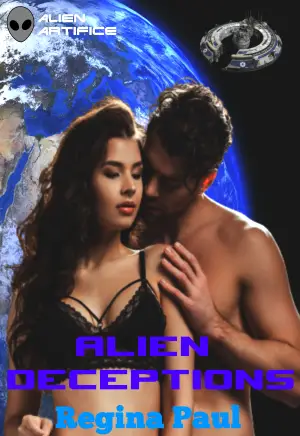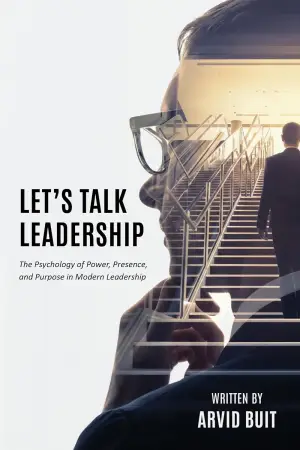I recently finished “The Dawning Saga” by Albert Zhang, and I must say, it was an exhilarating journey through the cosmos! As an avid fan of science fiction, the promise of a tale centered around humanity’s confrontation with an enigmatic alien foe caught my attention. The book’s description alluded to a sudden and violent war in the future—specifically, in 2164—where humanity must scramble for survival following an unexpected attack on a peaceful colony. This, combined with its themes of exploration, conflict, and survival, drew me in, and I couldn’t resist diving into Zhang’s universe.
Right from the start, Zhang’s storytelling captivated me. He successfully crafts a narrative that feels both grounded and meticulously planned, with a sharp focus on the economic and logistical nuances of interstellar warfare. Many readers, including Gerry, expressed admiration for how Zhang weaves “an incredibly absorbing tale of contact between humans and an extraterrestrial race.” I can attest to this sentiment, as his commitment to detail keeps the plot engaging and immersive. The character development is another strong point, with a slow-burn approach that enhances the stakes. I found myself genuinely invested in the fates of the colonists and soldiers, especially as they grappled with a new reality against a backdrop of sudden, deadly conflict.
However, as I read, I couldn’t help but notice a couple of drawbacks. One critique echoed by Jim Rojas and a few others centered on the emotional depth regarding the alien species. While Zhang excels at capturing human emotions, including fear and survival instincts, the portrayal of alien motivations sometimes felt a bit more abstract. For instance, certain chapters focused on alien dialogues that left me slightly perplexed. These moments could disrupt the narrative flow, as I found it challenging to fully grasp the reasoning behind their actions.
Additionally, while the book starts slowly, several characters hinted at emotional complexities that didn’t quite translate as effectively in certain scenes. This left me wanting more clarity on their internal battles, which could have heightened the overall tension of the story. Richard Turner echoed this sentiment, noting the difficulty in following the bad guys’ thought processes, resulting in occasional confusion.
Still, I was enthralled by how Zhang juxtaposes human resilience with the splendor and terror inherent in warfare, leading to powerful moments of pathos that resonate deeply. Don Skillman highlighted how “none of the science fiction was ‘magical,’ and the heroes have their flaws,” and I wholeheartedly agree with this assessment. The well-developed characters, such as a seasoned soldier and an innocent colonist, brought a much-needed human element to the narrative, reflecting the complexities of war beyond mere battles and tactics.
The book ultimately tackles substantial themes. The ancient plan that unfolds across the story, woven into the characters’ arcs, delivers profound commentary on humanity’s choices in the face of adversity. It raises questions about how we interact with others and the potential for both destruction and redemption. Zhang deftly handles these themes, allowing readers to reflect on what it means to be human amid catastrophic events.
In conclusion, “The Dawning Saga” is a brilliant first novel that showcases Albert Zhang’s potential as a science fiction author. With a gripping storyline, dynamic character development, and thoughtful attention to detail, the book met and even exceeded many of my expectations. While some aspects, particularly surrounding alien motivations and dialogue, could benefit from more clarity, the overall impact of the narrative provides ample food for thought. For fans of sci-fi who appreciate a mix of action, character depth, and thematic exploration, I highly recommend picking up this book. You won’t be disappointed!
Discover the thrilling journey of alien encounters in First Contact. >>








